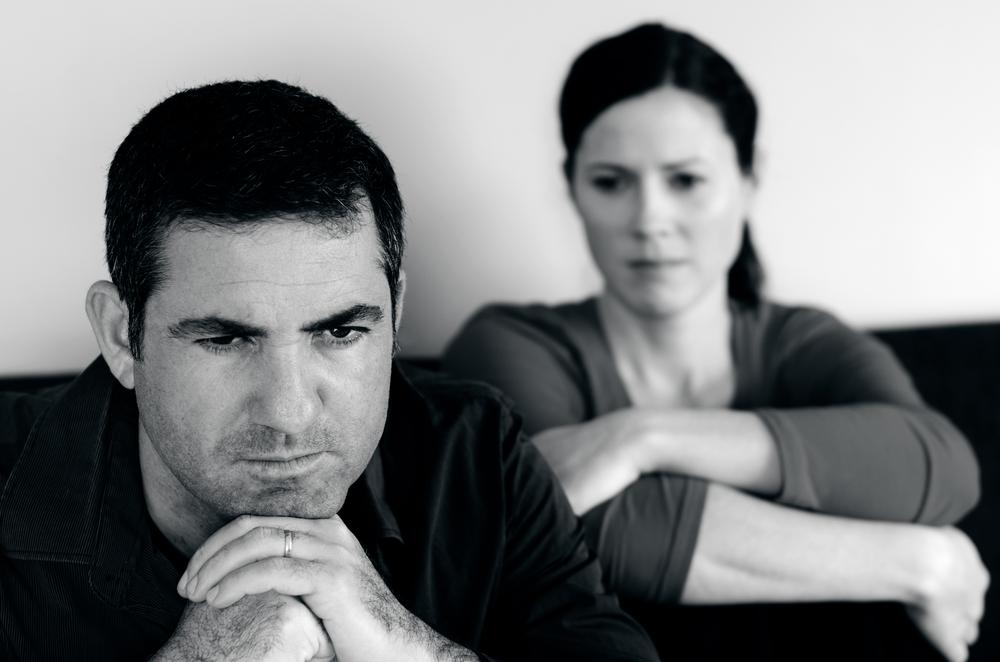What skills are necessary for professional greatness? What makes someone able to perform successfully under high stress and constant change and to keep doing it over time without breaking down? As it turns out, we have lots of answers to this question, and most focus on the rewards necessary for greatness, the kind of culture that breeds success, and the particular skill sets necessary for peak performance.
But, Harvard Business School conducted a different kind of study, one that examined the strategies and habits of winning athletes and whether they could be transferred to apply to business—in essence, whether we could train high-level executives as corporate athletes. It appears that the answer is “yes.” We can indeed apply the wisdom of sport to help ourselves succeed in anything and everything that’s challenging.






